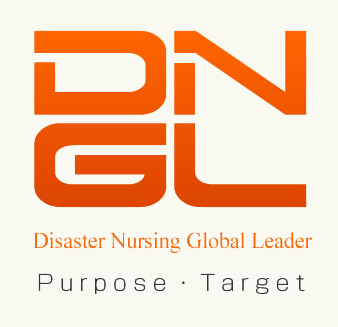
On May 22nd, the DGNL mini seminar entitled NEPAL DISASTER:Facts to Know and Possible Challenges to be faced by International Relief Workers was conducted at University of Kochi. Taking the example of the huge earthquake in Nepal, Associate Professor Sakiko Kanbara and Lecturer Ngatu Rogers talked about how to search for basic data, grasp the whole situation. and plan relief activities in the event of a disaster overseas.
First, Dr. Ngatu, a specially appointed lecturer, summarized the demographic damages from the geographical disturbance by the huge Nepal earthquake. He focused on the importance of understanding the social and cultural background, and what nurses should know in relief activities. In addition, Dr. Ngatu talked about the proposal of theoretical framework for Global Nursing which he had been working on. He especially emphasized on the importance of maximizing local human resources with minimum training on them, instead of having many of foreign rescue teams, if there were enough human resources available in the affected areas.
Associate Professor Sakiko Kanbara talked in detail about the characteristics of the information sources of disaster situations and human safety and how to utilize such information. She showed the comparitive examples of various information sources and made suggestions for comprehensive utilization of information. For example, immediately after a disaster, domestic and foreign media reports and situation reports from UNOCHA, UN organizations, are appropriate to quickly assess the overview of the situation, while recent grassroots information on Open Street Map, Twitter and YouTube is frequently also updated. Professor Kawabara showed how to use those two types of information, giving examples from her past experiences.
Dr. Kanbara also talked about conducting data analysis in chronological order to show how to understand the affected areas’ past living conditions from existing statistical data and literature, collect, analyze and read data in order to understand the changes caused by a disaster and risk of future health damage. After the lecture, each of the participants used a computer to access the open data sets to look at the situations in Nepal. Some of the participants took the data for further analysis.
